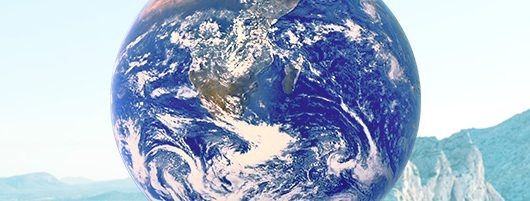Forty-three years after its inception as a spring-time marker to respect our planet it’s important to ponder whether we’ve still got the passion for environmental activism that was on display on April 22, 1970 when 20 million Americans, spurred on by Earth Day Founder U.S. Senator Gaylord Perry, moved by the destruction of the Santa Barbara oil spill of 1969, rallied in parks, streets, and auditoriums for a healthy, sustainable earth. The Vietnam War was in the throes of its final chapter, Simon & Garfunkel were crooning “Bridge Over Troubled Water,” and Senator Perry channeled the energy.
Thanks in part to the awareness the movement generated, the decade saw a raft of green-minded legislation that has radically altered for the better the ecosystem we inhabit. These include the Clean Air Act, the Clean Water Act and the Endangered Species Act, among others. One of The Junior League of Toledo’s proudest moments— and a source of pride for Leagues everywhere—was its production and distribution of a film called “Fate of a River: Apathy or Action?” that exposed chemical dumping into the Maumee River, an important Great Lakes watershed. Ultimately some of those League members were asked to testify before Congress in the hearings that led up to the passage of the Clean Water Act.
A year later, On Earth Day 1971, a teary Chief Iron Eyes Cody was immortalized in the televised PSA spot with the tagline, “People Start Pollution. People can stop it.” The commercial, which won two Clio Awards, helped to reduce litter by as much as 88 percent in 300 communities, 38 states, and several countries.
Now a D.C.-based charity that organizes events year-round in 192 countries thanks to the international instincts of the event’s original coordinator Denis Hayes, the Earth Day Network, implements diverse programming aimed at conserving and greening all sectors of the natural and man-made environments. Its projects include a Green Schools initiative, its Canopy Project, and a program entitled Women and the Green Economy, which cultivates women as leaders in sustainability—among many others.
To learn more about how you might participate in an Earth Day Network event or how you stack up on the consciousness scale, check out these links:
http://www.earthday.org/about-earth-day-network
http://www.infoplease.com/science/environment/recycling-facts.html
http://www.nytimes.com/interactive/2013/04/19/education/edlife/edl-14popquiz-human-ecology.html?_r=0



